|
|
|
|
This weekend, we delight in presenting Eurythenes atacamensis – a new kind of giant crustacean. This very special shrimp resides in some of the deepest ocean trenches on the planet and is twice the size of its nearest relative. Johanna Weston, who identified the creature, takes us on a journey into some of the darkest places on the ocean floor to reveal how one goes about locating and naming a massive prawn.
The timing of this discovery couldn’t be more fitting since next week marks World Ocean Day. As part of The Conversation’s Oceans 21 series, we’re hosting a free webinar on June 8, bringing together experts to discuss what we can do to save our seas from environmental ruin. Find out more here. The latest episode of The Conversation Weekly podcast also looks at the marine world, this time from an economic
perspective.
Back on dry land, we’re beginning to realise that it’s a difficult time to be a dog. You’ve luxuriated in a glorious year of constant attention from your housebound humans, who have walked you multiple times a day and rarely left your side. Now, all of a sudden, they disappear for hours on end to somewhere called “the office”. Sometimes they even spend the whole evening at a place called “the pub” and come back too late to watch any television with you. If you are a stressed out puppy experiencing anxiety over the curious behaviour of your owners, please advise them to read this guide on acclimatising you to post-lockdown life. Pandemic pooches
need to be trained asap to cope with regular separation in order to prevent long-term behavioural problems.
The TV adaptation of Colson Whitehead’s Pulitzer Prize-winning novel The Underground Railroad is now available for viewing and, according to our reviewer, it’s a triumph of heartbreaking beauty — just like the book. Her thoughts here.
Also this week, a view on the Wuhan lab-leak theory, why older people must join the climate cause and geometrically baffling quasicrystals.
|
Laura Hood
Politics Editor, Assistant Editor
|

|
|
|
|
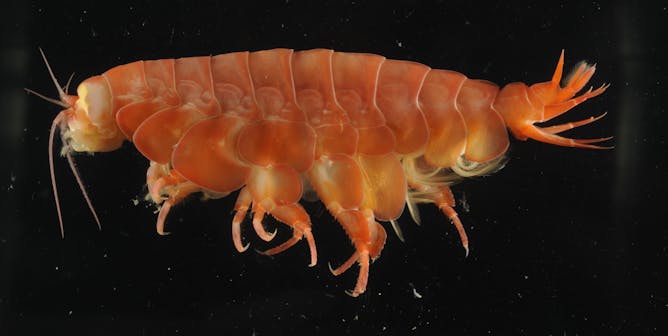
Eurythenes atacamensis, a giant scavenging amphipod from hadal depths of the Peru-Chile Trench.
Alan Jamieson
Johanna Weston, Newcastle University
Deep ocean trenches are home to extraordinary biodiversity waiting to be discovered.
|

Shutterstock/James Kirkikis
Niki Khan, Nottingham Trent University; Jenna Kiddie, University of Cumbria
Dogs that have grown used to being around humans all the time might suffer from separation anxiety.
|
|
|

Thuso Mbedu is plays Cora in The Underground Railroad, a woman on the run to freedom in the north of the US.
Kyle Kaplan/Amazon Studios
Rebecca Fraser, University of East Anglia
At once tender and horrific, The Underground Railroad's use of visuals and sound beautifully portray the reality of slavery and its legacy in the US today.
|
|
|
-
Robert A Jackson, Keele University
The quasicrystals were 'accidentally' synthesised during the first test of a nuclear bomb in July 1945.
-
Jieyu Liu, SOAS, University of London
China will now allow couples to have up to three children -- but what is stopping families from welcoming this new policy?
-
Cameron Watson, Queen Mary University of London; Jonathan Rogers, UCL
Non-specific illnesses, such as headache and fatigue, are common, as are mental illnesses such as depression and anxiety.
-
Ed Feil, University of Bath
The World Health Organization has created more memorable and less stigmatising names for coronavirus variants.
|
|
|
|
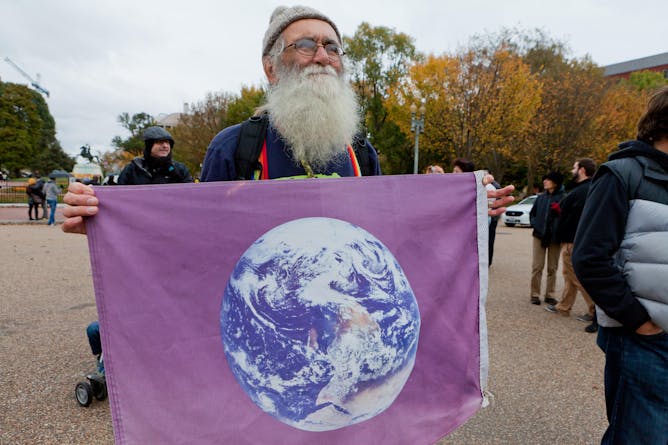
B Christopher / Alamy
Aled Jones, Anglia Ruskin University; Bradley Hiller, Anglia Ruskin University
They hold financial and political power, yet the climate movement is currently dominated by youngsters.
|

Hillsborough campaigners pictured in 2016.
Alamy/Phil Noble
Patricia Canning, Utrecht University
Witnesses spent a surprising amount of time talking about what didn't happen that day – which is very significant.
|
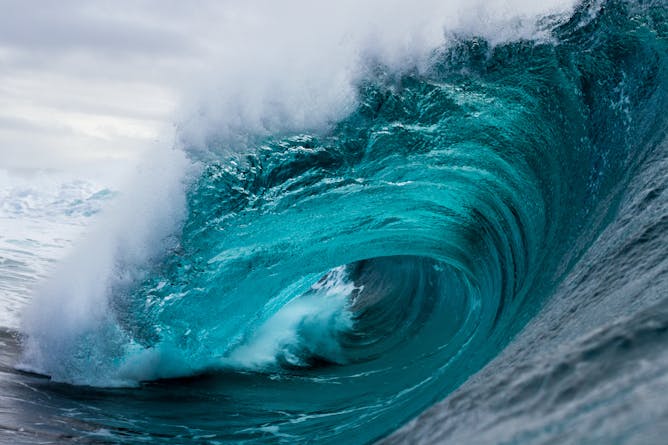
Brett Allen/Shutterstock
Jack Marley, The Conversation
Join us for a free online discussion about the history and future of the world's oceans.
|
|
|
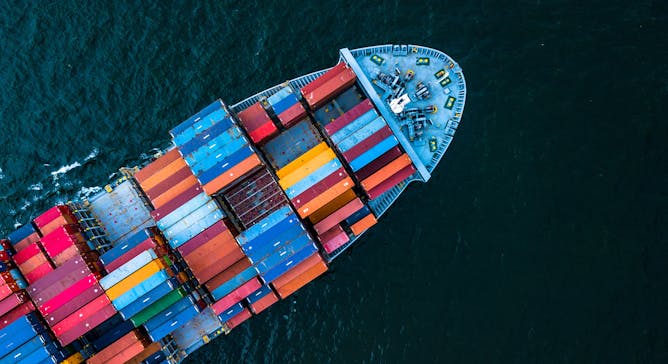
What is a ‘blue acceleration’ doing to our oceans?
Avigator Fortuner/Shutterstock
Gemma Ware, The Conversation; Catesby Holmes, The Conversation; Daniel Merino, The Conversation
Plus, why Brazilian women who lived through Zika are avoiding getting pregnant during the COVID-19 pandemic. Listen to episode 18 of The Conversation Weekly podcast.
|
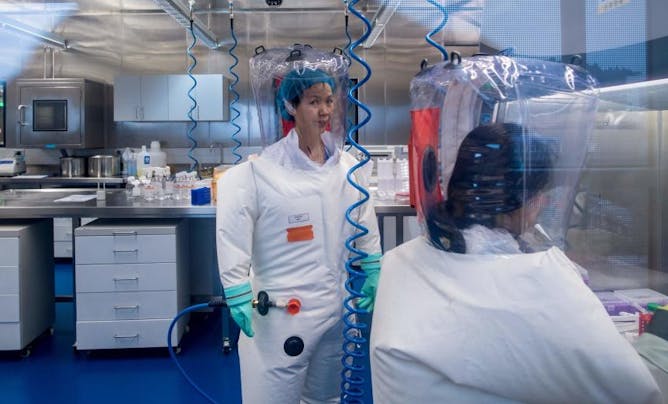
Chinese virologist Shi Zhengli inside the P4 laboratory in Wuhan.
Johannes Eisele/AFP
Virginie Courtier, Université de Paris; Etienne Decroly, Aix-Marseille Université (AMU)
The lab accident theory of the origins of Covid-19 has gained traction in recent months. We need a proper investigation to find out what really happened.
|
| |
Featured events
|

|
University of Reading, Whiteknights House, PO Box 217, Reading, Reading, RG6 6AH, United Kingdom of Great Britain and Northern Ireland — University of Reading
|

|
Online, Birmingham, Warwickshire, B15 2TT, United Kingdom of Great Britain and Northern Ireland — University of Birmingham
|

|
Online, Birmingham, Birmingham, B15 2TT, United Kingdom of Great Britain and Northern Ireland — University of Birmingham
|

|
University of Essex, Wivenhoe Park, Colchester, Essex, CO4 3SQ, United Kingdom of Great Britain and Northern Ireland — University of Essex
|
|
|
|
| |
| |
| |
| |
| |
|
|
|
|
|
|
|